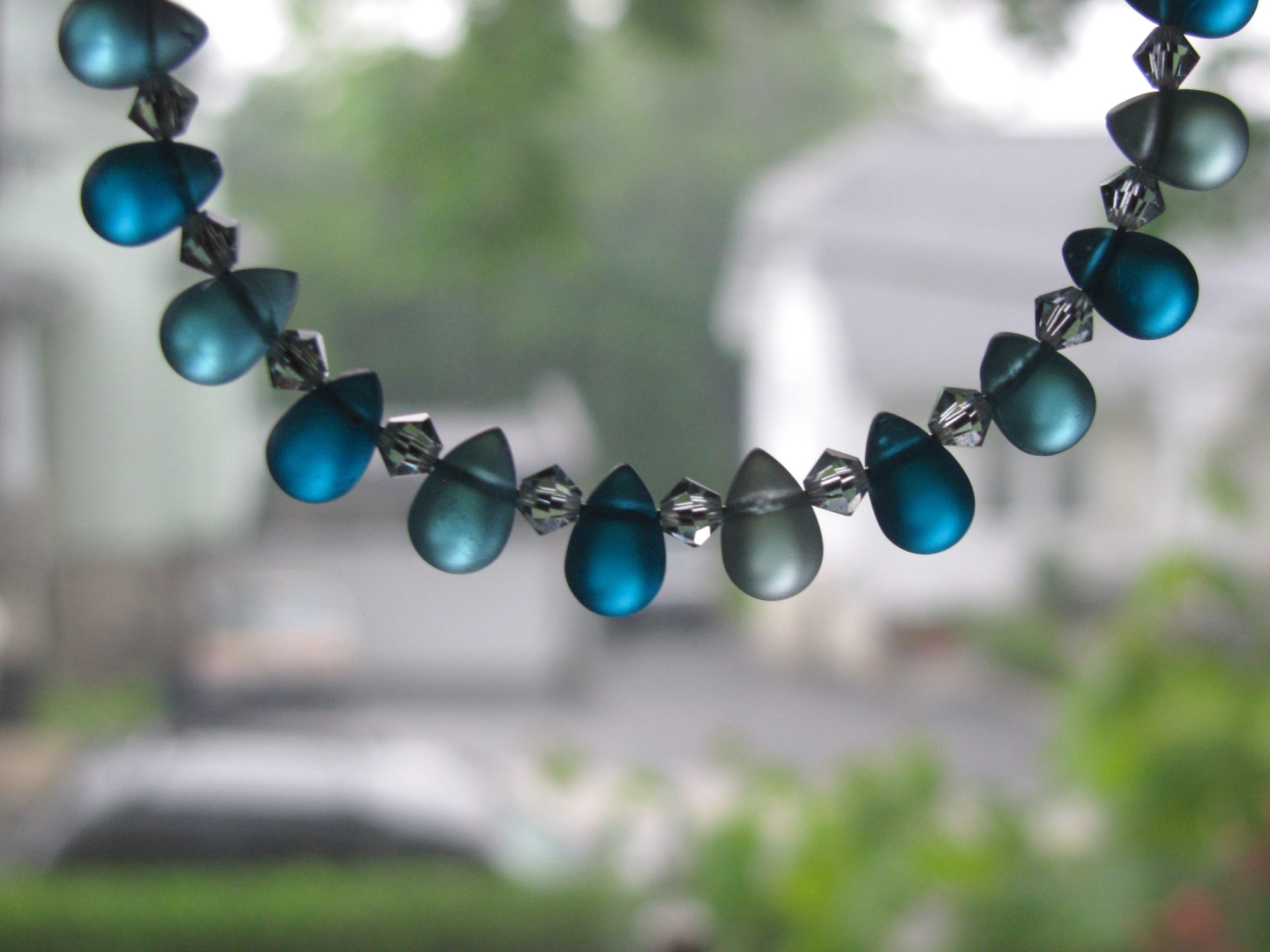It was horrible but it wasn’t all horrible.
—Cecilia Woloch
Afterward, it was the satisfaction of paying a debt, except
she wasn’t one of those mothers who made us feel
as if we owed her for childbirth and raising us.
It was knowing I didn’t shirk changing the colostomy bag
or dressing the disfigured zipper of staples that closed
her wound, breastbone to groin.
Once I woke to a midnight crash: her with a halo of blood
on the bathroom floor.
It was knowing I could love like that.
Mealtimes, she would frown, push away child’s portions
no matter what recipe I tried, except the marijuana-pill night
when at 10 p.m. she asked me to bake a cake,
and I called my sister: Mum has the munchies!
Chemo shrank her into a stooped monk in a hooded robe.
Strands of fine hair littered her pillow
until it was time to shop for a wig.
I tried on some too. We laughed when I looked worse than she did.
She sprang for the expensive one, nicknamed it Dixie,
felt almost pretty.
And she recovered: her sweetness, generosity,
pain-in-the-ass-ness, even her hair for seven years.
Then it was hearing cancer again from the doctor
who didn’t want to say it, and me expelling the word
like a magician pulling a grenade from my mouth.
I hoped hospice spoke the truth, that it was okay not to feed her,
that her mostly closed eyes, the rambling words
meant she was processing what she needed to: memories,
reconciliations, the willingness to go.
Then, it was knowing she had checked off her final item
when my brother arrived, recovered from his own cancer,
and she woke for a last moment to say his name, Philip.
—Karen Paul Holmes, from No Such Thing as Distance
